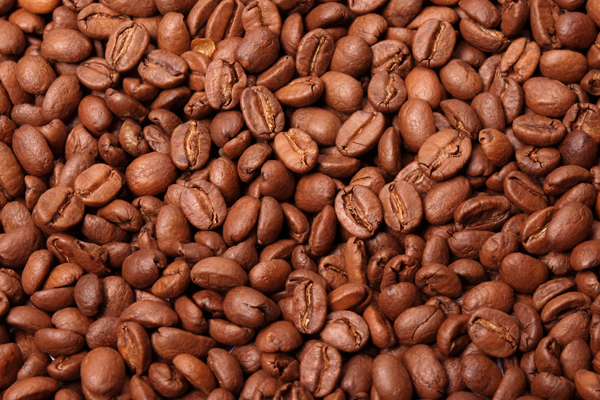Diatribe | Free and Fair?
Let me open with a basic point: just because words sound similar don’t mean that they are similar. However, to my main issue: one of these is an economic theory the merits and issues of which deserve (and have created) huge amounts of scholarly discussion. The other is a monumental marketing swindle. And before we get confused by which one is which, Fair Trade is the swindle.
Now before I am accused of everything under the sun, let me outline the basis of this claim. Yes, inequality exists and is bad. Yes, we should try to fix the issue. But no, Fair Trade is not the answer.
Many of the problems are sourced from how Fair Trade operates as a business model. In order to gain Fair Trade certification for your farm, you must be small (requirements vary per crop but coffee farms for instance must be a maximum of 12 acres), have no permanent hired workers (the majority of work must be performed by the family owners), use no genetically modified crops (what constitutes a GMO is left unclear), and the certification restricts the use of agro-chemicals.
1. Fair Trade is a business just like any other. Let’s say we have a family farm with fewer than 50 workers, growing cocoa in the Ivory Coast. Well, the initial certification fee (paid prior to the initial audit) will set you back about €1,500. You’ll also need to pay for the audit but never mind that. Also, the on-going price for certification for our hypothetical farm: just over €1,100 per year.
2. Why don’t New Zealand companies bear the Fair Trade logo? This is a good question: unless you believe there is a systemic issue with abusive labour practices in New Zealand, why don’t our products have the certification? Well, this is because they don’t produce in the ways that Fair Trade requires. So products may well be giving their workers fair wages etc, but are not eligible for the certification.
3. Why don’t big companies get behind Fair Trade? Because it is nearly impossible for them to do so. Never mind the complexities of negotiating thousands of contracts with small-scale producers; if a producer wants to certify their product as Fair Trade then a certain amount of the ingredients has to be Fair Trade. So, for example, a chocolate producer could source Fair Trade cocoa and then add NZ milk and Australian sugar (how most chocolate in NZ is made), but they would not be able to certify their product Fair Trade. This is because the sugar is sourced from large Australian plantations rather than a small Third World nation producer. This, by the way, is why you see more Fair Trade products in Britain (where the main sugar supply is from Africa) and not in NZ and Australia (where the main sugar supply is from South Australia).
4. The creation of false economies. Fair Trade ensures the payment of a “minimum price” to its producers. The problem is that this minimum price, combined with the requirements of the certification, locks producers into a cycle of Fair Trade dependency and un-developed economies. While there is no figure published about how much Fair Trade growers receive, let me ask this: why bother studying to become a lawyer or working as a police officer if menial labour at a cocoa plantation pays more? Writing for Foreign Affairs, Michael Clemens argues that Fair Trade farmers “get charity as long as they stay producing the crops that have locked them into poverty.”
5. The certification opens up potential for on-seller abuse. We are less price sensitive when it comes to Fair Trade products because we assume that a higher price reflects a greater return to the producers. Well, recently it has been revealed that some Fair Trade products return less than 5% of their sales price to the producer.
I think that we need to address inequality; I just don’t think Fair Trade is the way to do it. While we may get a little feel-good factor from buying Fair Trade products, really we are rewarding companies that trap individuals in antiquated and inefficient farming tactics while punishing companies that aren’t recognised for being potentially more ethical. Most of all, consumers are fooled into supporting another dodgy certification that makes money off their naiveté. If you want to feel good, donate to a charity; don’t pretend you are an economist.



